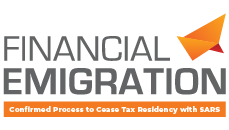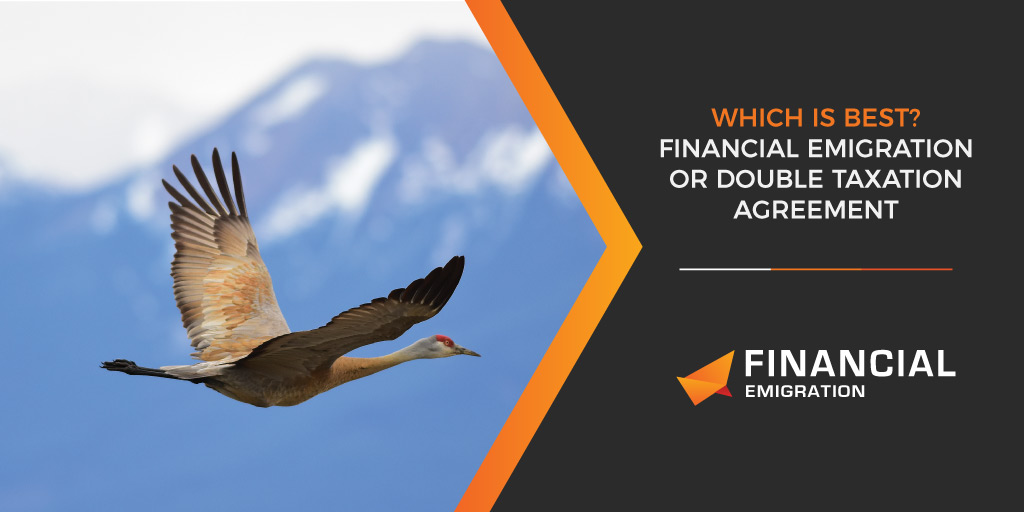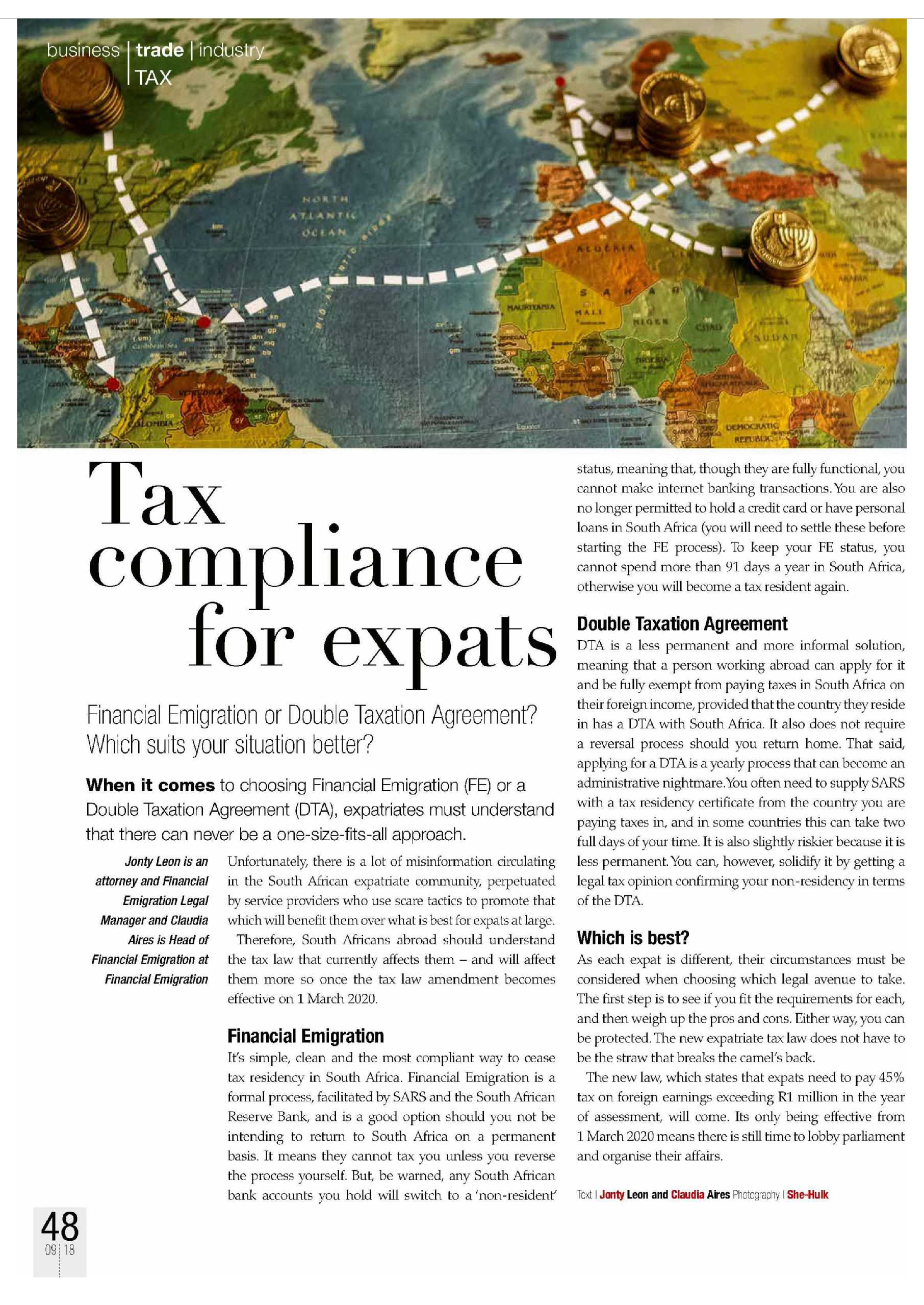Financial Emigration or Double Taxation Agreement? Which suits your situation better?
When it come to choosing Financial Emigration (FE) or a Double Taxation Agreement (DTA), expatriates must understand that there can never be a one-size-fits all approach.
Unfortunately, there is a lot of misinformation circulating in the South African expatriate community, perpetuated by service providers who use scare tactics to promote that which will benefit them over what is best for expats at large.
Therefore, South Africans abroad should understand the tax law that currently affects them – and will affect them more so once the tax law amendment becomes effective on 1 March 2020.
Financial Emigration
It’s simple, clean and the most complaint way to cease tax residency in South Africa. Financial Emigration is a formal process, facilitated by SARS and the South African Reserve Bank, and is a good option should you not be intending to return to South Africa on a permanent basis. It means they cannot tax you unless you reverse the process yourself. But, be warned, any South African bank accounts you hold will switch to a “non-resident” status, meaning that, though they are fully functional, you cannot make internet banking transactions. You are also no longer permitted to hold a credit card or have personal loans in South Africa (you will need to settle these before starting the FE process). To keep your FE status, you cannot spend more than 91 days in South Africa, otherwise you will become a tax resident again.
Double Taxation Agreement
DTA is a less permanent and more informal solution, meaning that a person working abroad can apply for it and be fully exempt from paying taxes in South Africa on their foreign income, provided that the country they reside in has a DTA with South Africa. It also does not require a reversal process should you return home. That said, applying for a DTA is a yearly process that can become an administrative nightmare. You often need to supply SARS with a tax residency certificate from the country you are paying taxes in, and in some countries this can take two full days of your time. It is also slightly riskier because it is less permanent. You can, however, solidify it by getting a legal tax opinion confirming your non-residency in terms of the DTA.
Which is best?
As each expat is different, their circumstances must be considered when choosing which legal avenue to take. The first step is to see if you fit the requirements for each, and then weigh up the pros and cons. Either way, you can be protected. The new expatriate tax law does not have to be the stray that breaks the camel’s back.
The new law, which states that expats need to pay up to 45% tax on foreign earnings exceeding R1 million in the year of assessment, will come. It’s only being effective from 1 March 2020 means there is still time to lobby parliament and organise their affairs.




